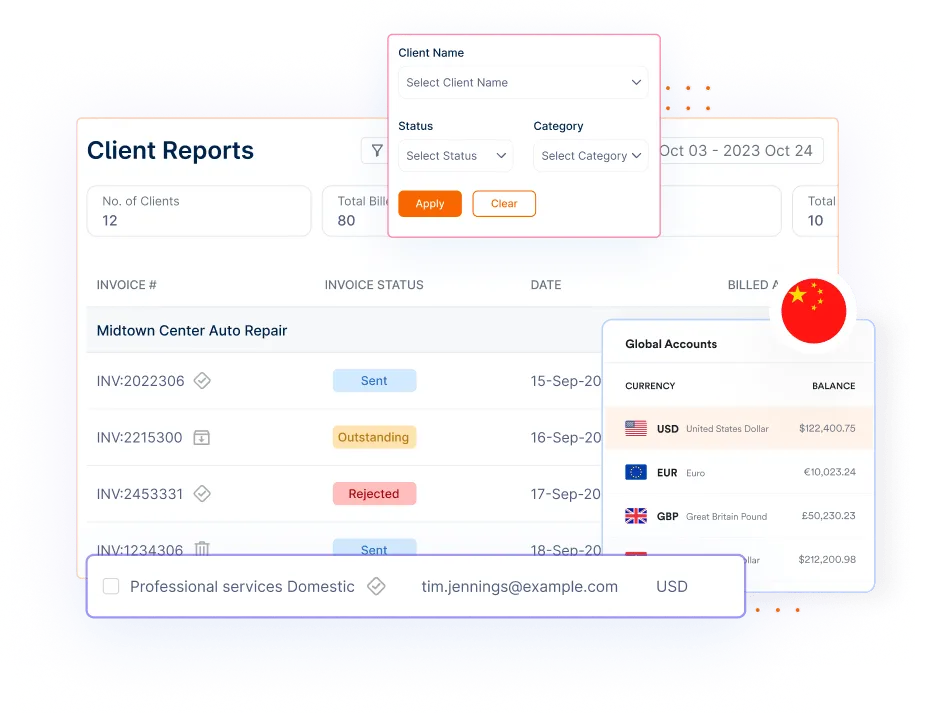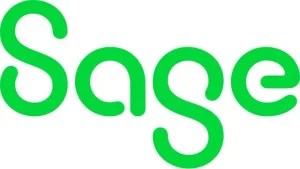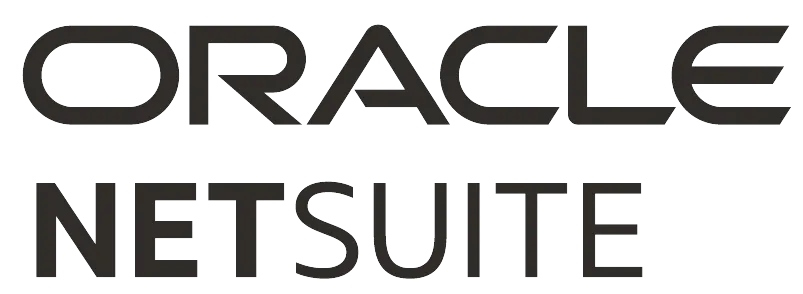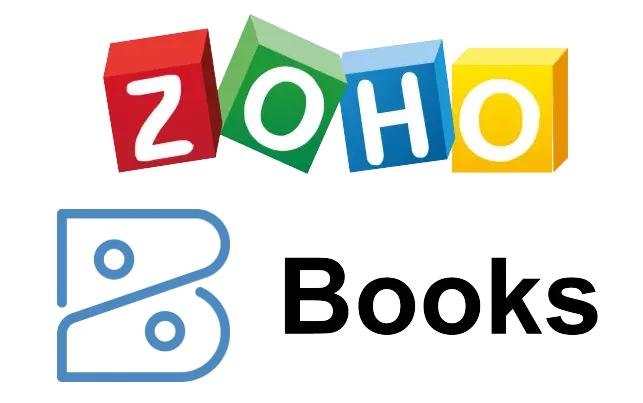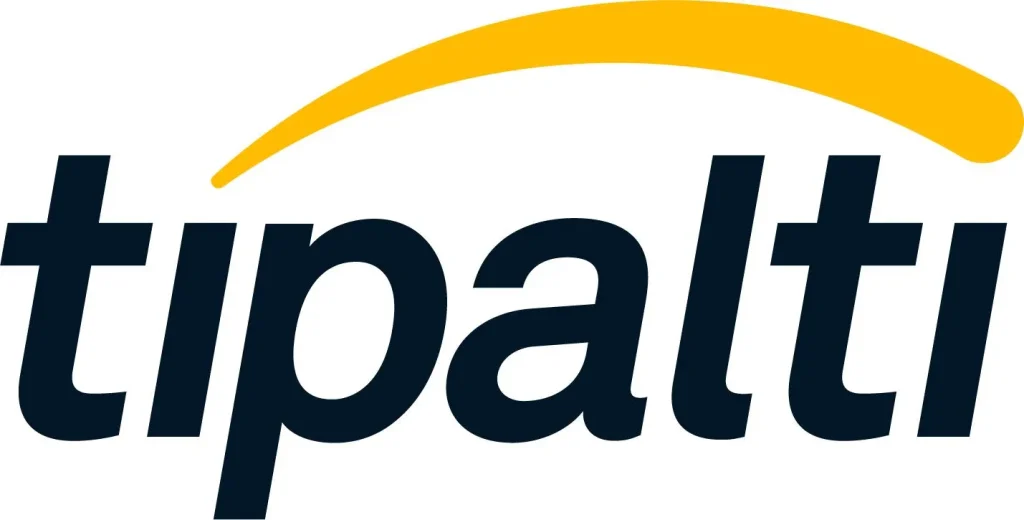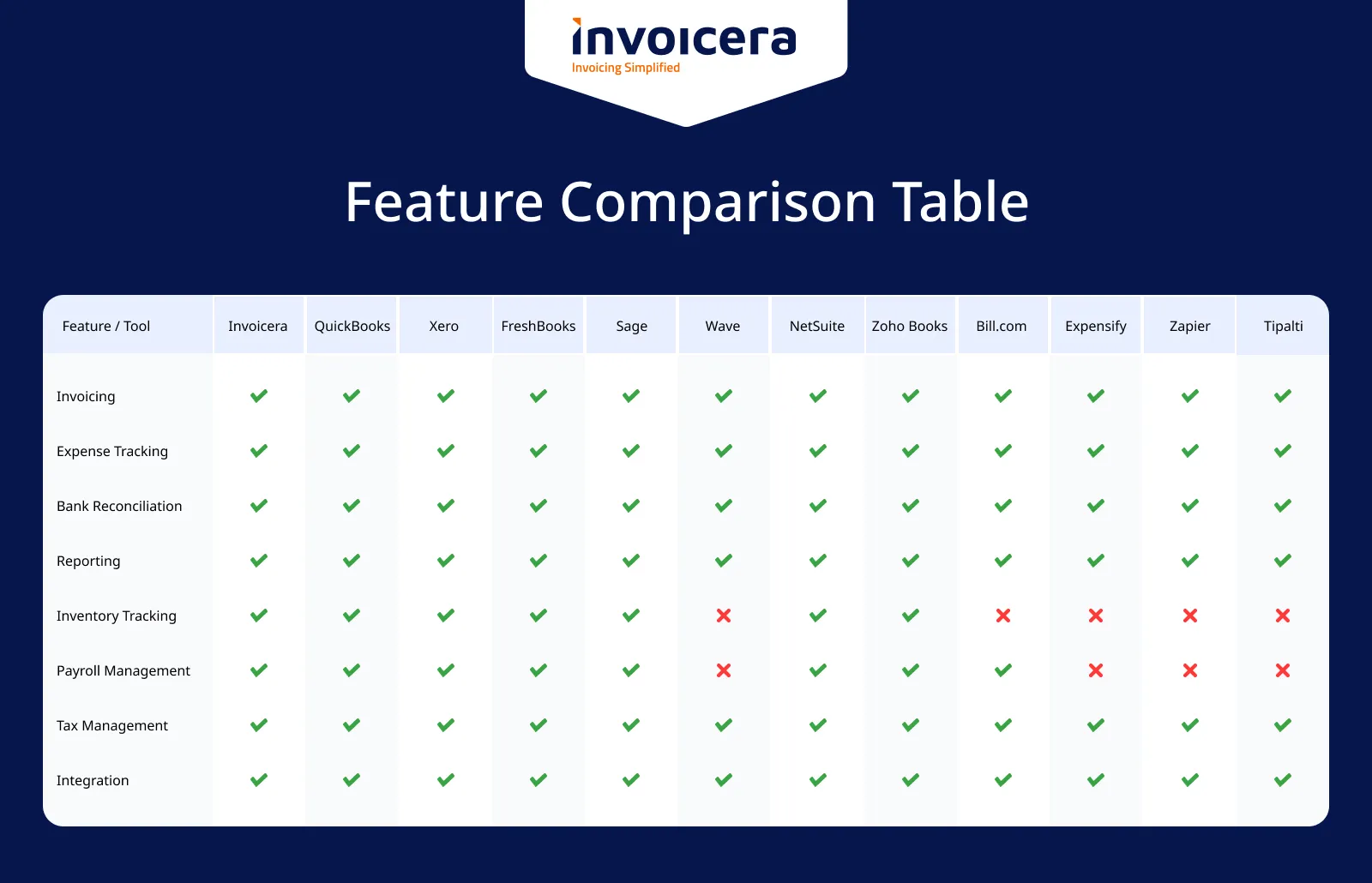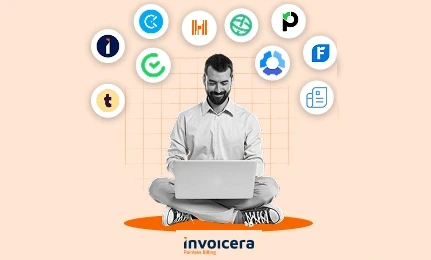Introduction
Keeping track of finances by hand takes time, and it’s easy to make mistakes. That’s why many businesses are switching to accounting automation tools. These tools help automate the boring, repetitive tasks so you don’t have to.
Whether you’re running a small business, working solo, or managing a growing team, the right tool can save you time, cut down on errors, and help you stay on top of your numbers.
Here’s why these tools are worth checking out:
- No more manual data entry
- Automatically sends and tracks invoices
- Matches payments with bills and bank records
- Helps with taxes and filing
- Shows clear reports to understand your cash flow
We’ve compiled a list of 12 easy-to-use tools that help businesses manage their accounting with less stress and more control. Let’s take a look.
Why Need Accounting Automation?
The need for accounting automation has become more than just a convenience — it’s a necessity. Here are some compelling reasons why businesses are embracing these tools:
Enhanced Accuracy
Manual data entry and calculations are prone to human error. One misplaced digit could lead to miscalculations, resulting in financial discrepancies that could harm your business.
Accounting automation ensures precision, minimizes errors, and maintains the integrity of your financial records.
Time Efficiency
Let’s face it—manually handling accounting tasks is time-consuming.
From data entry to reconciliations, the hours spent on these repetitive tasks could be better utilized in more strategic areas of your business.
Automation streamlines these processes, allowing you and your team to focus on higher-value activities that drive growth.
Streamlined Reporting
Generating reports manually involves sifting through heaps of data, compiling information, and formatting it into comprehensive reports.
With accounting automation tools, report generation becomes a breeze.
These tools can extract and analyze data swiftly, providing comprehensive reports at the click of a button.
Pro tip: Invoicera offers comprehensive reports that, too are auto-generated. You get a clear picture of your expenses and can make better business decisions based on that.
Regulatory Compliance
Many businesses find it challenging to stay compliant as rules keep changing. Not following them can lead to fines and legal trouble.
Accounting automation tools are made to match these changes, making sure your financial work meets the newest standards and eases your worries.
Improved Workflow
Automation optimizes workflow by creating a seamless process for invoicing, expense tracking, and financial reporting tasks.
It minimizes bottlenecks, facilitates smoother collaboration among team members, and enhances overall productivity.
Cost Savings
Manual accounting processes not only consume time but also money. The resources spent on labor-intensive tasks can be significantly reduced with automation.
Moreover, these tools can save your business from costly mistakes by minimizing errors and improving efficiency.
Top 12 Accounting Automation Tools
Let’s explore the accounting automation tools
1. Invoicera
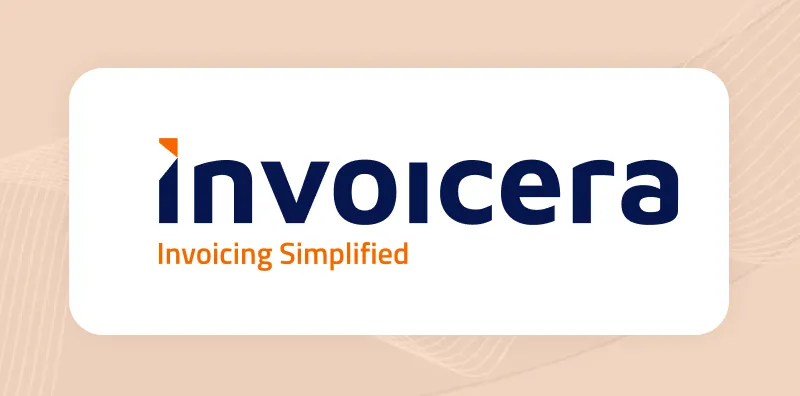
Below are a few features of Invoicera that can streamline the accounting process:
Key Features
Automated Invoicing & Billing
- Schedule recurring invoices automatically
- Set late fee rules and payment reminders
- Auto-convert estimates into invoices
Expense & Payment Tracking
- Track expenses and link them to projects or clients
- Automatically record incoming payments
- Get alerts for overdue payments
Financial Reports & Tax Management
- Auto-generate profit/loss, tax, and aging reports
- Download GST and VAT reports for easy filing
- Real-time financial dashboards
Workflow Automation
- Set rules for approval workflows and billing cycles
- Auto-sync data with CRMs and payment gateways
- Reduce manual entry with pre-filled forms
Multi-Currency Accounting
- Automatically convert and record payments in local currency
- Generate reports with currency-wise breakdowns
Benefits
- Cuts down on manual work and errors
- Keeps your accounts updated in real time
- Simplifies tax filing and compliance
- Saves time with recurring billing and reporting
- Easy to track what’s earned, spent, and due
Limitations
- May need help setting up advanced features
Pricing
- Free trial available
- Paid plans start at $15/month
2. QuickBooks
QuickBooks is another accounting automation tool that caters to small business needs, offering similar functionalities.
It aids in bookkeeping, invoicing, expense tracking, payroll management, check printing, receipt organization, and data import from Excel spreadsheets.
You can efficiently perform accounting tasks, automate invoicing, expedite payments with online billing, and maintain precise financial records using QuickBooks, leveraging its bank feeds feature for document management.
Features
- Comprehensive financial tracking and reporting
- Real-time overview of business operations
- Automatic billing
- Compliance management
- Easy transfer of information in and out of the system
- Monitoring and management of expenses
- Handling employee payroll
- Managing and tracking sales tax obligations
- Third-party integrations
3. Xero
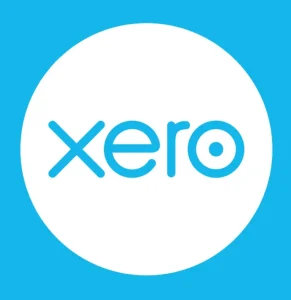
Features
- Claim and manage expenses
- Connect your bank for seamless transactions
- Keep track of projects
- Store and access files securely
- Generate comprehensive reports
- Manage inventory seamlessly
- Manage and track purchase orders
- Create and manage quotes
- Handle sales tax calculations
4. FreshBooks
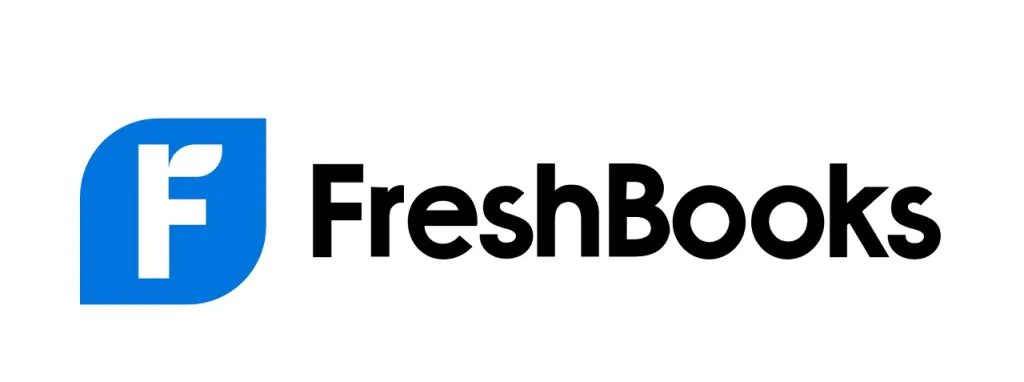
Known for its user-friendly interface, FreshBooks simplifies accounting tasks with features like time tracking, expense management, and client collaboration, making it a go-to choice for freelancers and small teams.
Features
- Customizable and automated recurring invoicing
- Track client interactions with invoices in real-time
- Set automatic late payment reminders and fees
- Seamlessly accept credit card payments online
- Generate and send professional estimates
- Gain business insights through intuitive reports and dashboards
- Access and work on any device – computer, tablet, or mobile
5. Refrens
Refrens is a powerful financial platform trusted by over 150,000 businesses in 178 countries. Designed for small businesses, freelancers, and agencies, it streamlines billing, accounting, and financial management in one easy-to-use system. With features like multi-currency invoicing, automated reminders, and real-time ledger updates, Refrens helps simplify day-to-day operations. It also enables team collaboration through multi-user access and defined roles—making it a perfect fit for growing teams.
Features
- Multi-currency invoicing
- Recurring billing and automated payment reminders
- Auto-generated journal entries and voucher creation
- Ledger management with real-time updates
- Financial reporting (Balance Sheet, Profit & Loss, etc.)
- Multi-user access with role-based permissions
- Clean, intuitive UI with quick onboarding
6. Sage
For robust financial planning, consider Sage Accounting—an extensive tool with features like reporting, expense tracking, and inventory management. Sage ensures better financial control, offering ease of use and time-saving automation.
Your data remains secure, backed up to prevent loss, and easily integrates with your bank for transaction imports. This accounting tool elevates your business with professional quotes, invoices, and insightful reports for informed decision-making.
Features
- Easy setup on any device
- Simplified automation for time-saving accuracy
- Professional invoicing with automatic tracking for prompt payments
- Stripe integration for diverse payment options
- Real-time intuitive dashboard for financial oversight
7. Wave
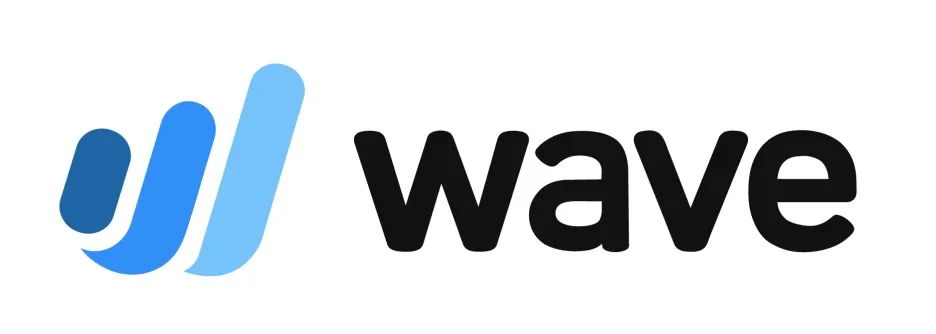
It simplifies digital accounting, offering an invoicing feature for easy creation and sending online invoices using customizable templates.
Features
- Unlimited collaboration with third-party applications
- Manage accounting with multiple businesses
- Manage income and balance sheets
- Generate comprehensive reports
8. NetSuite
NetSuite is a cloud-based platform offering a comprehensive suite of business management tools. Its integrated approach encompasses various functionalities.
Features
- Handles accounting, invoicing, and financial planning
- Manages customer interactions and sales processes
- Provides insights through analytics and reporting capabilities
- Customizable invoicing for specific business needs
- Suits businesses of different sizes
- Third-party integration for better workflow
- Robust data security protocols
9. Zoho Books
Zoho’s invoicing software packs a punch with its comprehensive suite of business applications.
With its intuitive interface and robust functionalities, Zoho allows seamless invoicing, expense tracking, and project management, catering to various business needs.
Zoho Books, an online accounting automation tool, streamlines workflows for businesses of all sizes. It offers robust automation features, encompassing cash flow tracking, invoicing, expense management, and easy accountant collaboration on a free plan for minimal accounting needs.
Features
- Invoicing capabilities for seamless billing
- Creating and managing quotes efficiently
- Customer portal for easy interaction and access
- Tracking and managing expenses effortlessly
- Handling and organizing bills effectively
- Banking integration for financial management
- Project management tools for streamlined workflow
- Inventory tracking and management system
- Managing and tracking sales orders efficiently
- Organizing and managing purchase orders
10. Bill.com
Bill.com is a cloud-based invoicing and payment platform designed to streamline accounts payable and receivable processes.
With features like invoice tracking and seamless integrations, Bill.com is a valuable asset for businesses aiming for efficiency in financial transactions.
Features
- Select between ACH or credit card for quick electronic payments.
- Choose to send invoices electronically through Bill.com or opt for paper invoices via mail.
- Customers can conveniently view and pay invoices online.
- Receive advance email notifications for upcoming payment deadlines.
- Automatic online payments directly deposited into your bank account.
11. ZipBooks
Zipbooks is a user-friendly invoicing software tailored for small businesses and freelancers. Its simple interface and customizable invoice templates make creating and sending invoices hassle-free.
Its focus on user convenience extends to features like automated reminders and expense tracking, ensuring timely payments and financial organization.
Features
- Easily generate customized invoices and estimates according to your business needs.
- Simplify recurring billing with automated invoicing for seamless monthly transactions.
- Set up automatic payment reminders and ensure timely payments.
- Track and analyze project profitability with detailed insights into client finances.
- Access real-time dashboard data, including sent invoices and revenue summaries, for better decision-making.
12. Tipalti
Tipalti is designed for global businesses dealing with complex payment processes.
This platform streamlines payment operations, handling everything from supplier onboarding to tax compliance.
Features
- Capture billable events automatically
- Create polished invoices and quotes with custom templates
- Track time and invoices
- Monitor payments
How To Automate Accounting Process?
We have created a step-by-step guide on automating the accounting process:
1. Assess Your Current Workflow
Take a close look at your existing accounting procedures. Identify repetitive tasks that consume a significant amount of time.
This could include data entry, invoice processing, or reconciliation.
2. Choose The Right Accounting Automation Tool
Research and select an accounting automation tool that aligns with your business needs.
Look for software that offers automatic data entry, invoice scanning, expense tracking, and robust reporting capabilities.
3. Integrate Software And Applications
Ensure your chosen accounting tool integrates seamlessly with your existing software and applications.
This integration will allow for smooth data flow between different systems and will reduce manual data entry, minimizing errors.
4. Set Up Automation Workflows
Take advantage of the automation features provided by the tool. Create workflows that automate repetitive tasks.
For instance, set up rules to automatically categorize expenses, schedule recurring invoices, or generate regular financial reports.
5. Train Your Team
Ensure your team is well-trained to use the accounting automation tool.
Offer training sessions or tutorials to familiarize them with the features and functionalities.
Encourage them to explore and make the most out of the software.
6. Regularly Review And Optimize
Periodically review your automated processes. Analyze the efficiency of the automation workflows and identify areas for improvement.
Stay updated with software updates and new features that could further optimize your accounting tasks.
7. Embrace Continuous Improvement
Accounting automation is not a one-time task. Embrace a culture of continuous improvement.
Stay open to new tools, technologies, and methodologies that can further enhance your accounting automation processes.
Conclusion
The best automated accounting software is the one that fits your workflow and frees up your time. Each option we’ve covered brings value, from smart invoicing to seamless integrations.
What to look for in accounting automation software:
- Saves time and reduces manual work
- Improves accuracy in billing and reporting
- Works well with your existing tools
- Scales as your business grows
- Delivers real-time financial insights
Why Invoicera stands out:
- Customizable invoicing for any business size
- Supports multi-currency, recurring billing, and expense tracking
- Integrates with CRMs, ERPs, and more
- Ideal for freelancers, SMEs, and large teams
In short, automation should simplify your finances, and with the right tool, like Invoicera, it absolutely does.
FAQs
Ques. Are these accounting automation tools suitable for small businesses?
Yes, absolutely! Many of the mentioned tools cater to businesses of all sizes. Their scalable solutions make them perfect for startups and small enterprises looking to streamline their accounting processes.
Ques. Are these tools user-friendly for someone without a strong accounting background?
Most of these accounting automation tools come with a user-friendly interface, making it easier for someone from a non-accounting background to navigate features. However, all the tools have tutorials, customer support, and user guides to assist users in accounting.
Ques. Are these accounting automation tools expensive?
These tools’ pricing varies based on features, user count, and additional services. While some may have higher costs, they often offer different pricing plans to accommodate various budgets, including free trials or basic versions with limited functionalities.

